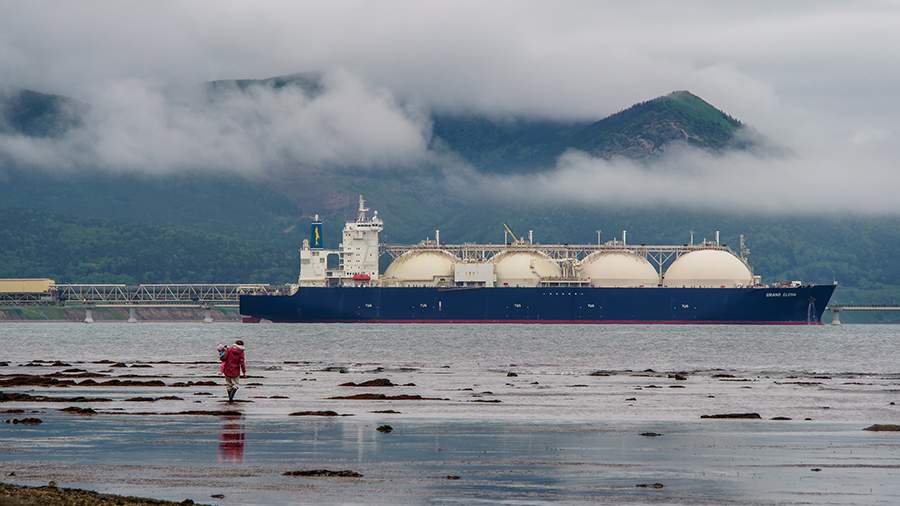Economist predicts negative consequences for the EU if Russia's LNG is rejected
Refusal to buy Russian liquefied natural gas (LNG) will lead to the fact that European Union (EU) countries will be forced to buy it at an inflated price, as it is determined by the market level, which is currently higher than the prices in fixed long-term contracts, Maxim Chirkov, associate professor at the Department of Economic Policy and Economic Measurements of the State University of Russia, told Izvestia on January 15.
Earlier in the day, Bloomberg, citing sources, reported that the EU is considering including in the 16th package of anti-Russian sanctions a measure that would aim to phase out imports of liquefied natural gas from Russia, as well as imposing a ban on aluminum imports.
"I think that the price increase on trading platforms in Europe, let's say the TTF hub, will be such that in 2025 the prices for liquefied natural gas will be many times higher than the prices that were under the long-term contract with Russia for pipeline gas supplies," Chirkov explained.
According to him, the cost of gas on the European market will grow faster than on the world market. In Europe, there is an active consumption of gas against the background of restrictions on supplies from Russia. As the expert reminded, since January 1 also stopped the transit of Russian resource through Ukraine, which will cause a significant increase in prices.
"Prices, of course, will grow very much. <...> In 2022, they were six, probably even, maybe seven times higher than the current ones. Now it is about $500, and it was up to $3,500 per 1,000 cubic meters. Average prices will certainly increase," the economist said.
The economist also noted that earlier restrictions were imposed on similar goods, concerning mainly non-ferrous metals, and the refusal to import aluminum from Russia will also contribute to price growth in Europe.
"If we talk about aluminum, Russia will simply supply other markets, we have friendly countries that buy quite large volumes of commodities. Aluminum is an expensive commodity, but it is still a raw material and the markets of the Global South will be open for Russian aluminum anyway," Chirkov concluded.
Last year, on December 24, Iqbal Guliyev, deputy director of the International Institute of Energy Policy and Diplomacy of MGIMO, author of the Telegram channel IG Energy, in a conversation with Izvestia predicted a difficult winter for the European Union. According to him, the winter promises to be difficult for the European Union (EU), as gas reserves are depleting at a rapid pace and dependence on liquefied natural gas (LNG) is growing amid supply uncertainty and competition with Asian markets.
Переведено сервисом «Яндекс Переводчик»


